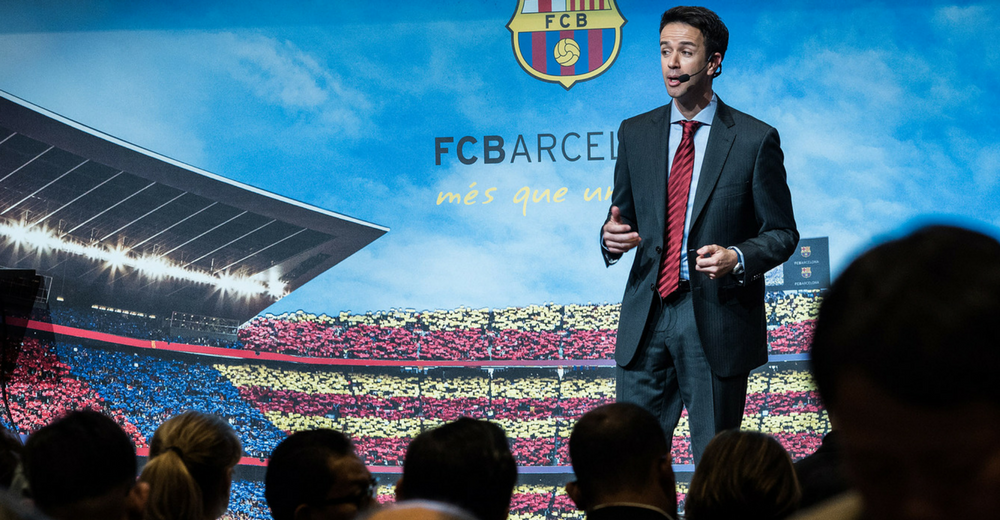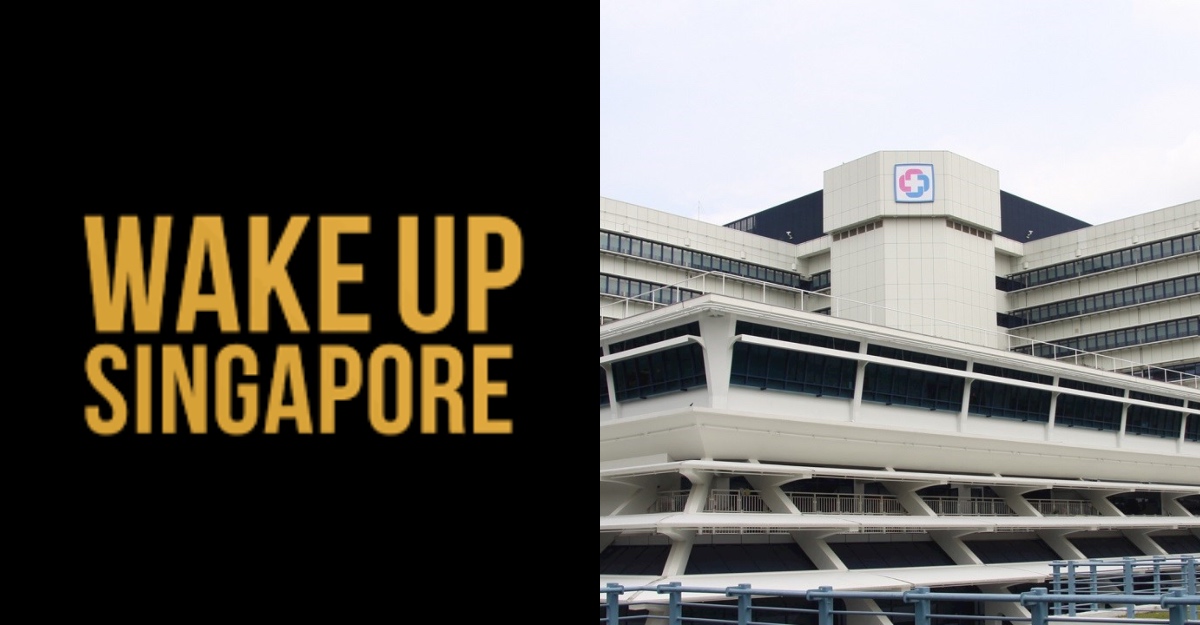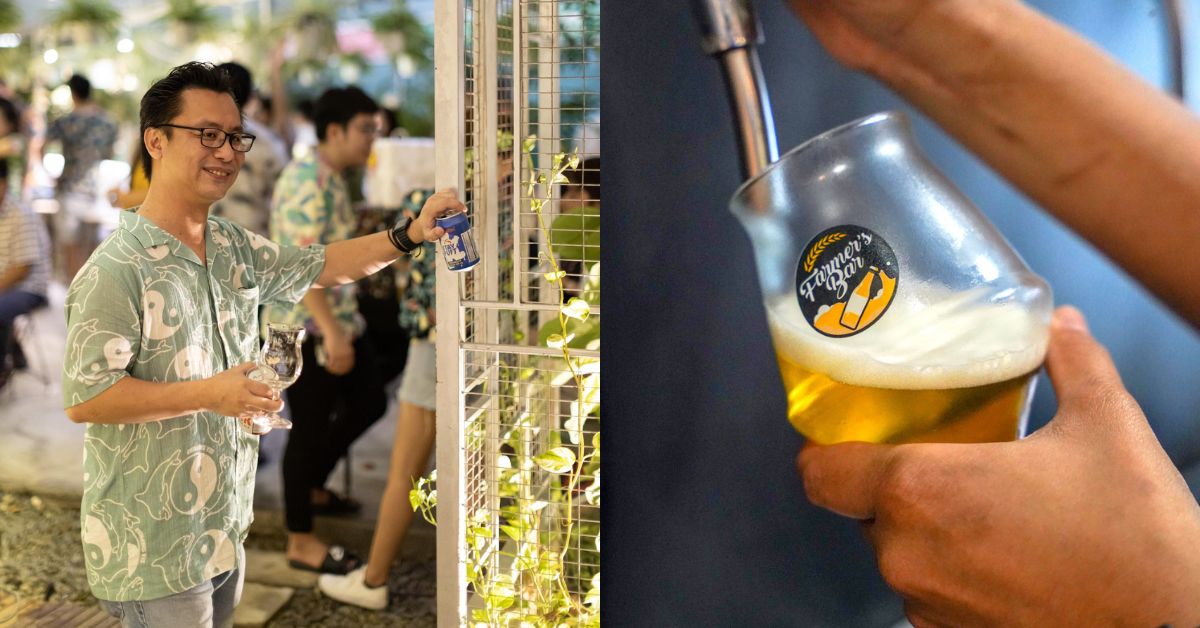Remember Wawasan 2020 and the futuristic image it had?
Thanks to that, some Malaysians have a limited vision when it comes to Smart Cities. The idea has been skewed towards fancy technology like flying cars or robots living among us.
Not to say that’s not a possibility in the future, but it’s not exactly what makes a city “Smart”.
According to Boyd Cohen, there are six “Smart” indicators to rank a Smart City: Smart Economy, Smart Environment, Smart Government, Smart Mobility, Smart Living, and Smart People.
And there are 6 cities ranking pretty high in those categories.
The Smart City & Future Commerce Convention 2017 is a 6-in-1 event happening at the Setia Alam Convention Centre from September 7 to 9.
There will be a few key speakers flying in to discuss everything within the theme of smart cities and future commerce.
They’ve helped to build their own cities to deserve the “Smart City” title, and here’s a little intro to who they are.
1) Albert Isern (Barcelona)

Who?
The CEO of Bismart, a company specialising in Big Data and Machine Learning where they help governments with decision making by transforming data into knowledge.
He founded Bismart in 2009 as a result of his passion for innovation using his experience of over 15 years.
Bismart has gone on to win a few international awards such as the Barcelona Entrepreneurial Capital award and the Microsoft Worldwide Partner of the Year 2013 award in Business Intelligence.
Barcelona as a smart city:

- Digital bus stops with real-time location updates, USB charging stations, and free WiFi.
- Sensors on streets to detect if a parking spot or loading area is occupied.
- Street lights activate when detecting motion, but also gathers environmental information, humidity, temperature, pollution, and noise.
- Compact trash bins with an underground vacuum network that sucks the trash to below the ground.
2) Lin Chin Rong, Taipei

Who?
The Deputy Mayor of the Taipei City Government, Taiwan.
Lin Chin Rong was once the Director General of Kaohsiung City Government Urban Develop Bureau and Public Works Bureau.
He now heads the Construction and Planning Agency where his role focuses on urban regeneration (improving the physical structure and economy of a city) and sewerage treatment.
His current efforts include improving Taiwan’s National Park while planning the allocation of land resources in Taiwan to efficiently make use of the land.
Taipei as a smart city:
- Uses unmanned aerial vehicles to collect water samples from city reservoirs.

- Has a library with a 24-hour self-checkout system and an e-book wall (a touch screen that displays publications, provides advisory services and recommends titles based on readers’ borrowing histories).
- Implemented a garden city policy that resulted in 402 community gardens and city farms being opened for adoption by ward chiefs, schools, enterprises and volunteers.
3) Frans-Anton Vermast, Amsterdam

Who?
The Senior Strategy Advisor for Low Carbon & Connected Urban Planning, Amsterdam.
Frans-Anton is an expert in searching for appliances and services that can make cities more habitable place for citizens to live, work and play pleasantly.
His specialty is developing Smart Cities as user centric innovative platforms.
His role looks at developing smart solutions that helps reduce CO2 emissions to create a more sustainable and liveable environment.
Amsterdam as a smart city:
- Created a smart workspace called Smart Work@IJburg which lets people work remotely rather than commuting into the city center on a regular basis.
- Started the Vehicle to Grid project which balances solar energy use and the battery of electric vehicles. Energy generated during the day is used during peak hours in the evening.
4) Zhou Yimin, Singapore
Who?
The Senior Assistant Director for Centre for Liveable Cities, Singapore.
Set up in 2008 by the Ministry of National Development and the Ministry of the Environment and Water Resources, CLC helps provide information and knowledge to citizens on liveable and sustainable cities.
Singapore as a smart city:
- Installed a fiber network that stretches through the island to bring high-speed internet access to every home and office.
- Invented an “Elderly Monitoring System” (EMS), a program that uses sensors on doors and inside rooms to monitor movement. If there’s a lack of activity or the system detects some other incident, the caregiver is alerted instantly.

- Created “Tele-health” where you don’t need to leave your house, or even see a doctor, to get medical treatment.
5) Dr. Jonathan Reichental (U.S.A)
Who?
The Chief Information Officer of the City of Palo Alto, U.S.A.
He is recognised as a global thought leader on emerging trends such as urban innovation and blockchain technology.
He is a multiple award-winning leader in technology whose career has spanned both the private and public sectors in over 25 years. He was named as one of the top 100 CIOs in the world and was named one of the top 20 most influential CIO’s in the U.S.A last year.
Palo Alto as a smart city:
- More than 25 smart city projects are delivered or in-progress, including a 52-inch digital kiosk in the downtown, and a sensor dashboard deployed to track real-time data of the community.
- Five experimental projects are being developed such as a new chatbot to answer resident questions on Facebook, a smart lighting project in the downtown, a parking and traffic sensor system, and public kiosks for navigation around the city.
Time to hear straight from the horse’s mouth yourself.
Each speaker has their own experience to share. It’s a rare chance to have these influential people gather in one convention to talk about the efforts their cities have taken to become a Smart City.
Some of the talks you can look forward to is “The Road to Smarter Cities: Enabling Everything from Self-Driving Cars to Cleaner Air” by Dr. Jonathan Reichental and “Smart Development: Contemporary Development Strategies In People-Centric Smart Cities” featuring a panel consisting of Zhou Yimin, Frans-Anton Vermast and Lin Chin Rong.
Tickets are still up for purchase where it is priced at USD250 (RM1,000) for 3 days but SITEC is currently offering a 50% discount where the tickets are now priced at RM500 for ALL 3 days.
Specially for Vulcan Post readers, SITEC is giving out 3 tickets that will give you entry for the entire convention. All you have to do is just share this article with the hashtag #SITECxVP and make sure your settings are on public. We’ll pick 3 winners and inform them via their Facebook account. Contest will end 7th September.
For more information, you can head over to their official website here.
This article was written in collaboration with SITEC.
Feature Image Credit: bismart.com









